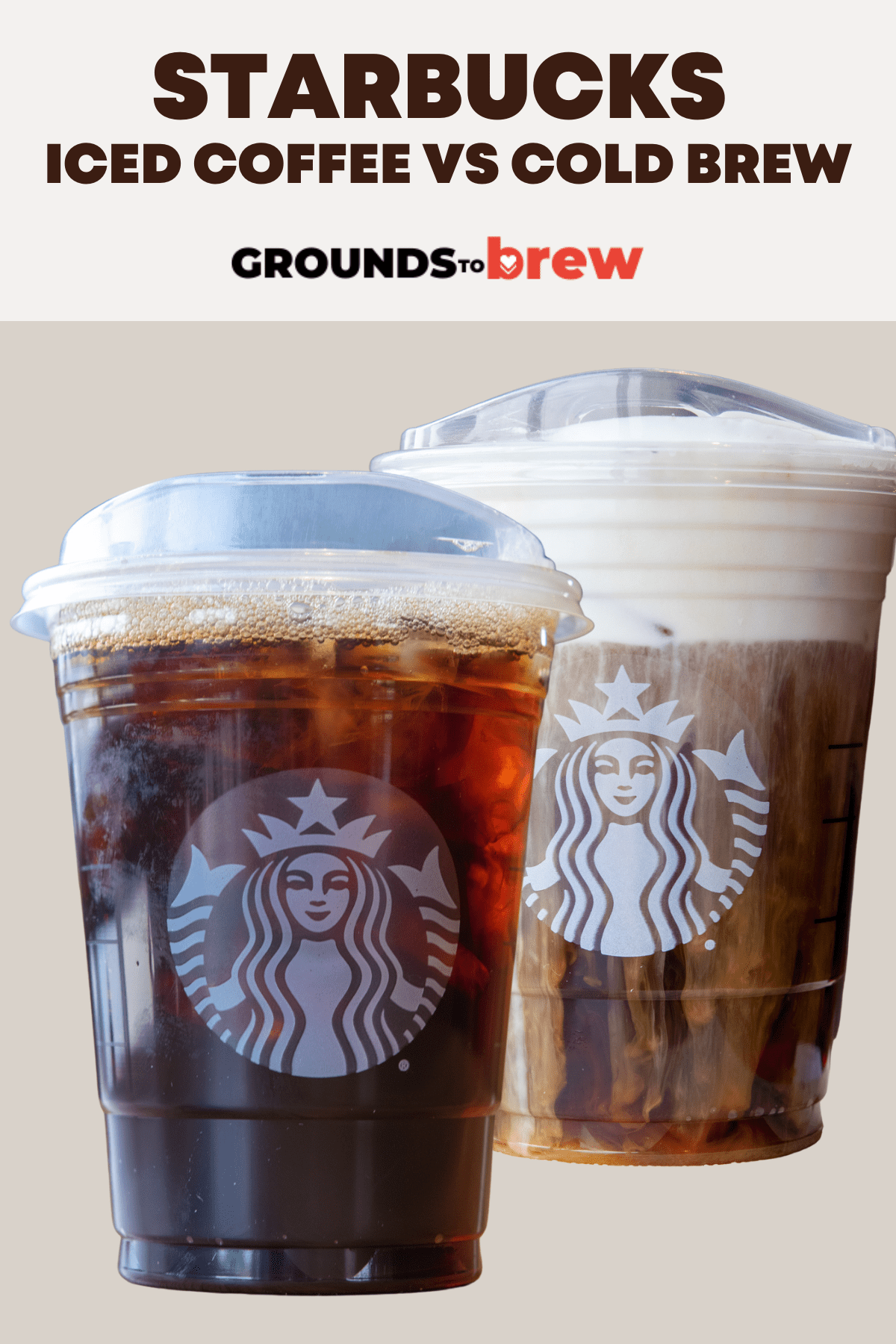
Starbucks Iced Coffee vs. Cold Brew (Hint, They're Different) » Grounds
The extended steeping time in cold water is a key contributor to cold brew's higher caffeine content. While traditional hot brewing methods extract caffeine more rapidly, the lengthy immersion in a cold brew coffee maker allows cold brew to extract a higher percentage of caffeine from the coffee grounds. 2. Coarse Grind, Higher Caffeine.
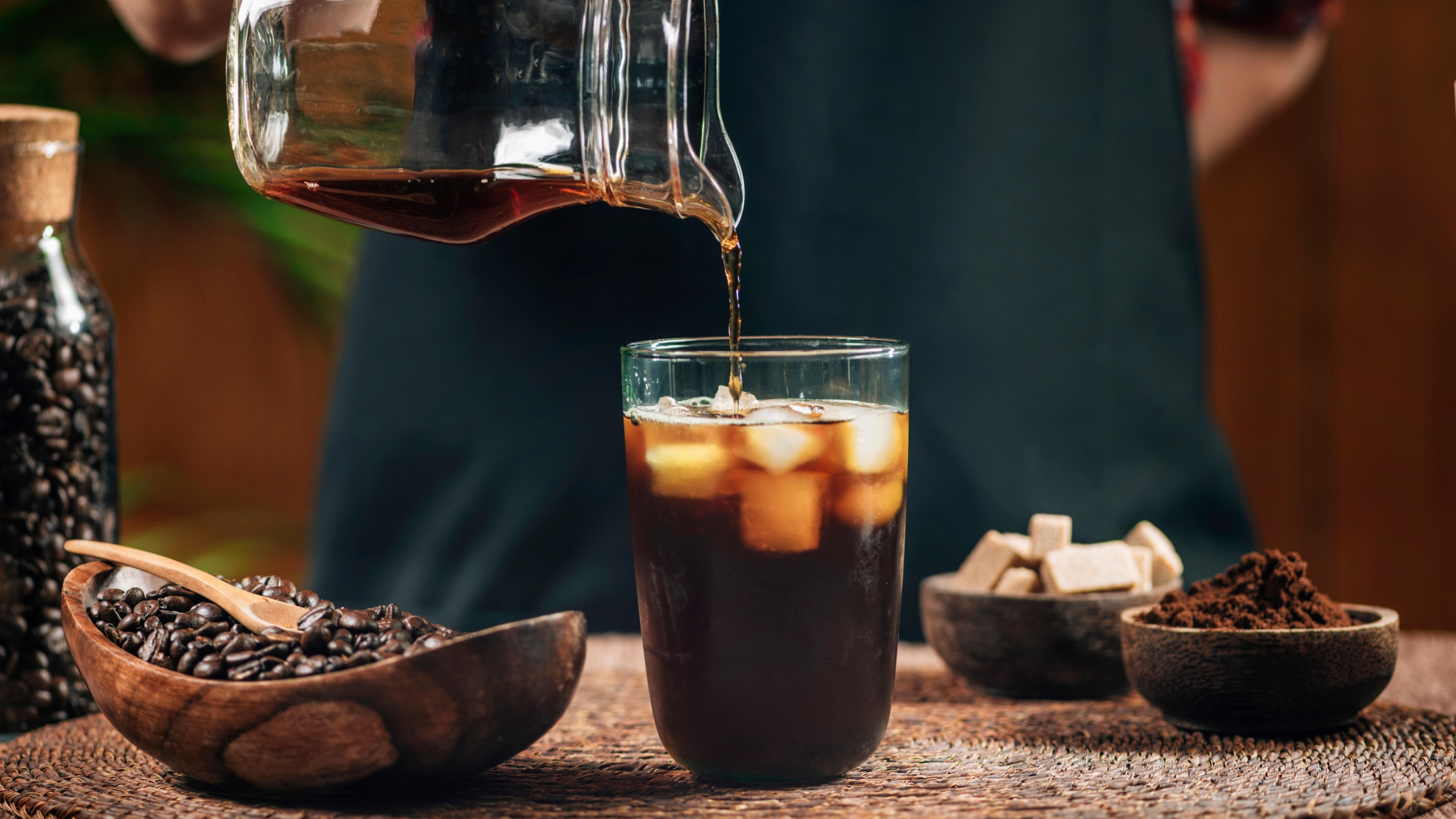
7 Cool Facts About Cold Brew Coffee and Why You Should Drink It
315 mg. 315 mg. It is clear that at the two higher drink sizes that cold brew is available in for all the popular flavors and toppings is highly caffeinated. At Latte Love Brew, we consider more than 150 mg in a single drink to be highly caffeinated as this is the equivalent of two shots of espresso.
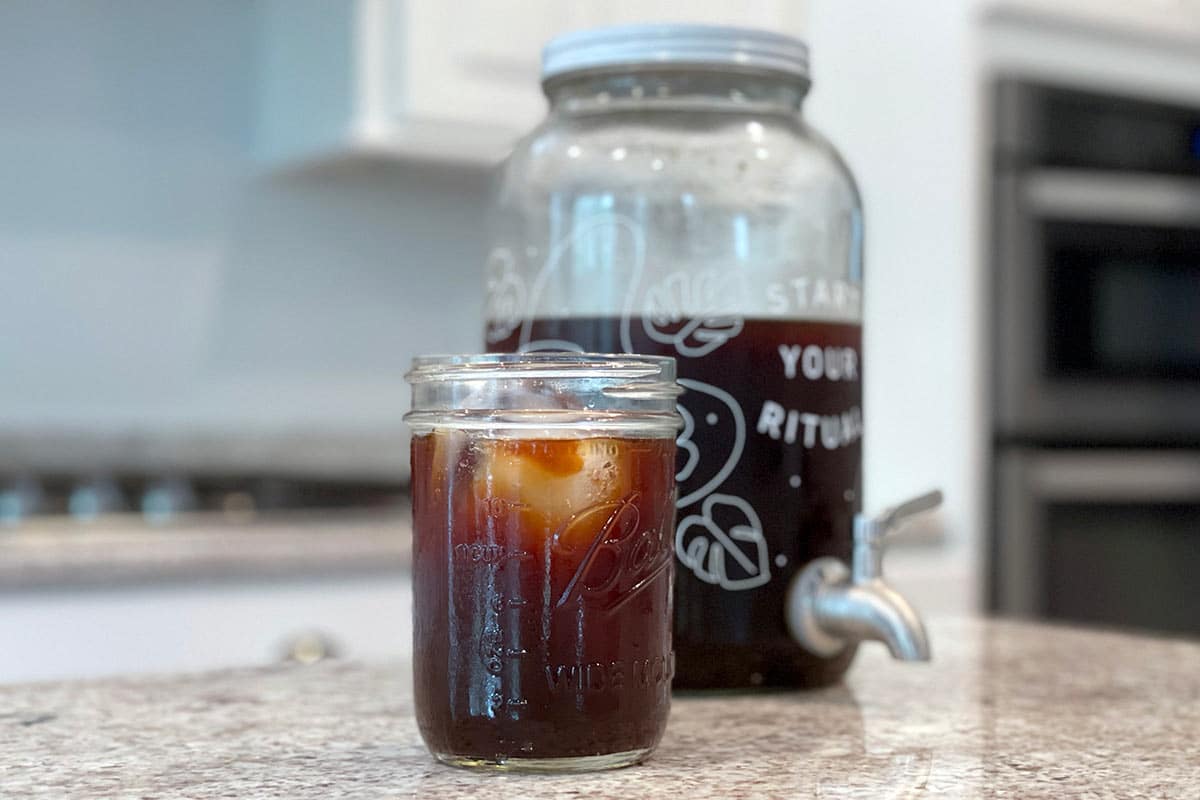
How to Make the Perfect Cold Brew Coffee at Home Pull & Pour Coffee
Cold-brewed coffee, or cold brew, is coffee made by steeping ground coffee in room-temperature water for several hours, usually 12 to 18 hours or even longer, then straining out the grounds and chilling it before serving it either as-is, over ice, or diluted with water. Cold brewing extracts the flavor along with the caffeine from the coffee.
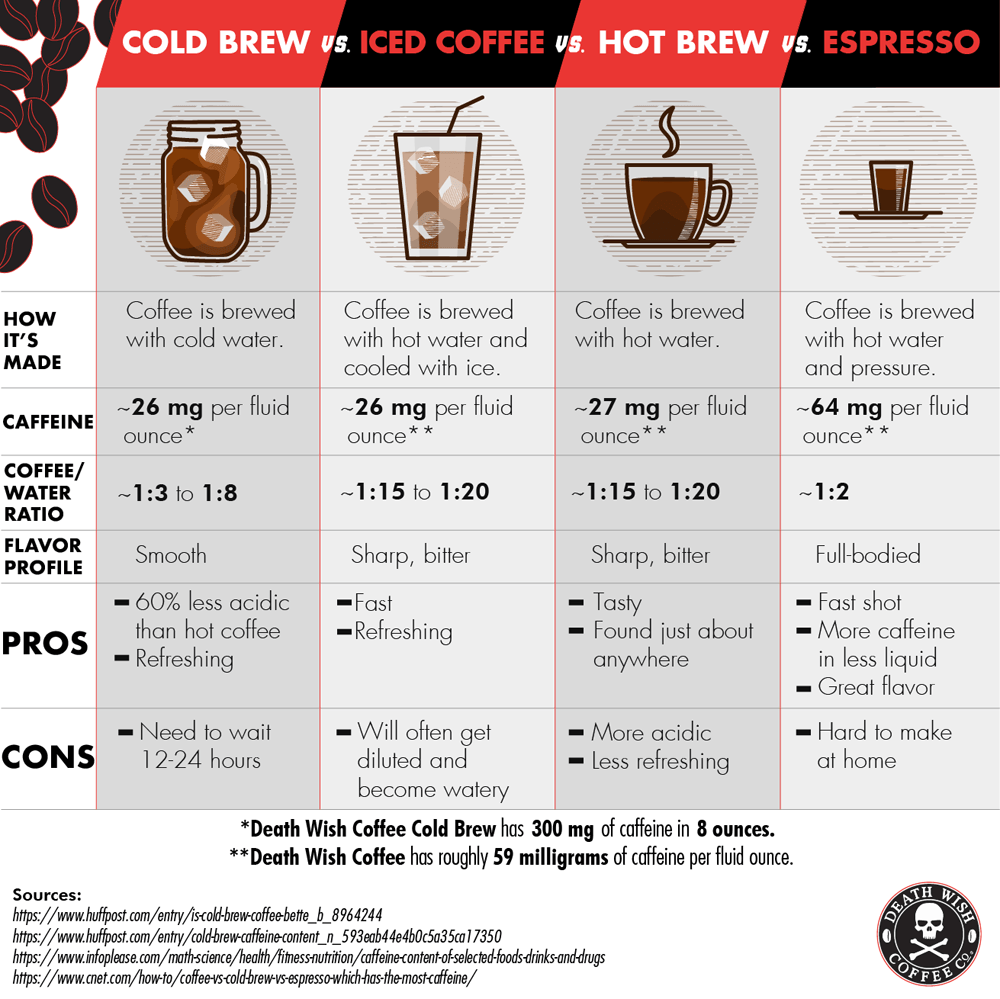
How Much Caffeine In Cold Brew
Explore the intriguing world of cold brew coffee: its caffeine content, health benefits, brewing tips, and comparisons with other coffee types.

Dunkin’ Donuts Hot Coffee Caffeine Content
Two ways. First of all, because you are taking in that caffeine through a more concentrated liquid, the body might be absorbing it faster, even if it's the same caffeine content. Second, people tend to drink cold brew faster than standard brewed coffee, and not just because there's less of it. Think of a cool glass of water or a cold beer.
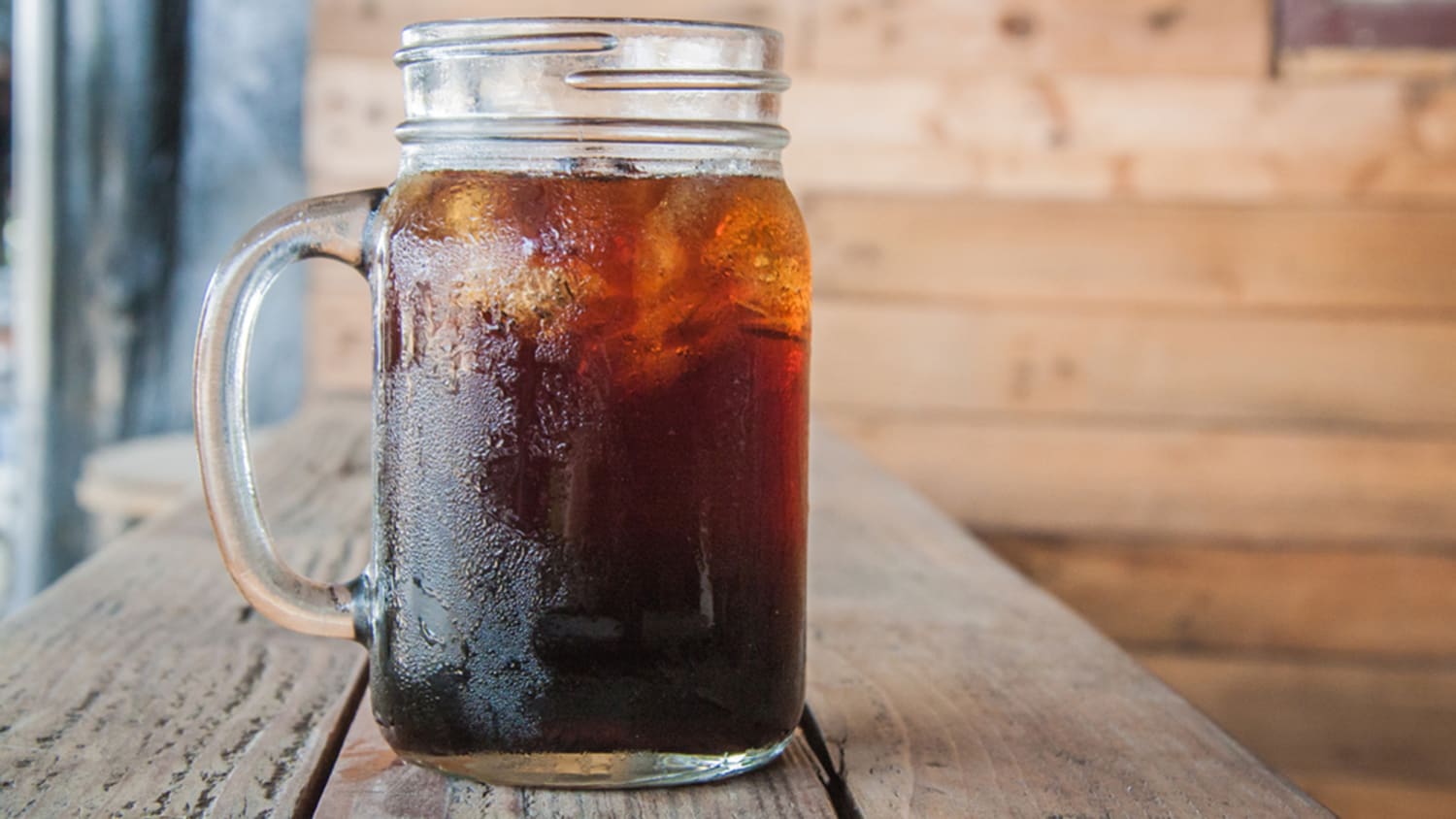
Cold brew coffee taste test by Good Housekeeping Institute
Most varieties of cold brew use more coffee beans and less water than regular coffee. On average, a cup of cold brew coffee contains around 200 mg of caffeine per 16 ounces (473 mL).. However, the.
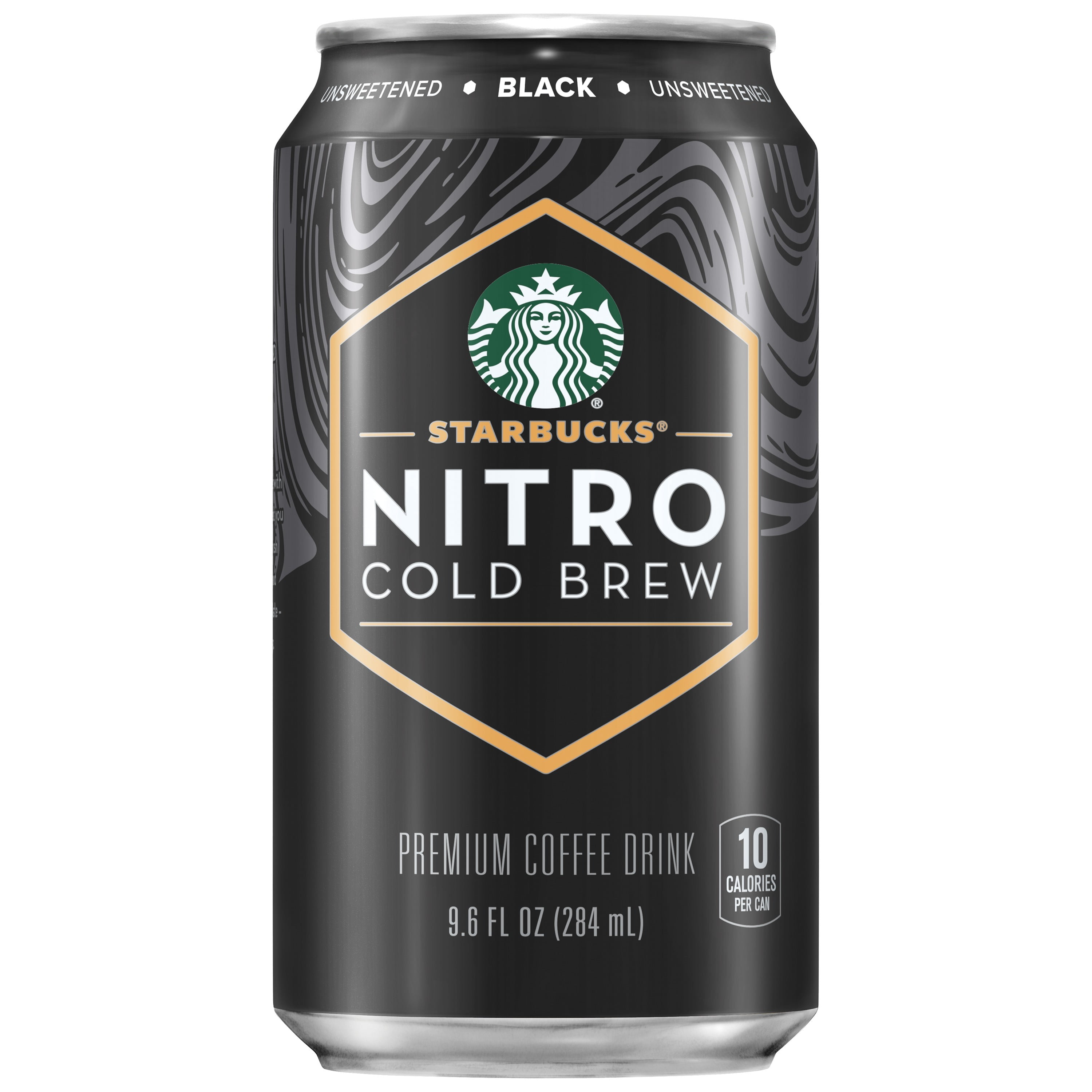
(8 Pack) Starbucks Nitro Cold Brew Black Unsweetened Premium Coffee
Cold brew coffee has more caffeine than iced coffee for several reasons, including the brewing method, the temperature of the water used, the coffee-to-water ratio, and brewing time. If you're looking for a boost in your morning cuppa, cold brew is the way to go. However, it is important to note that consuming too much caffeine can have.
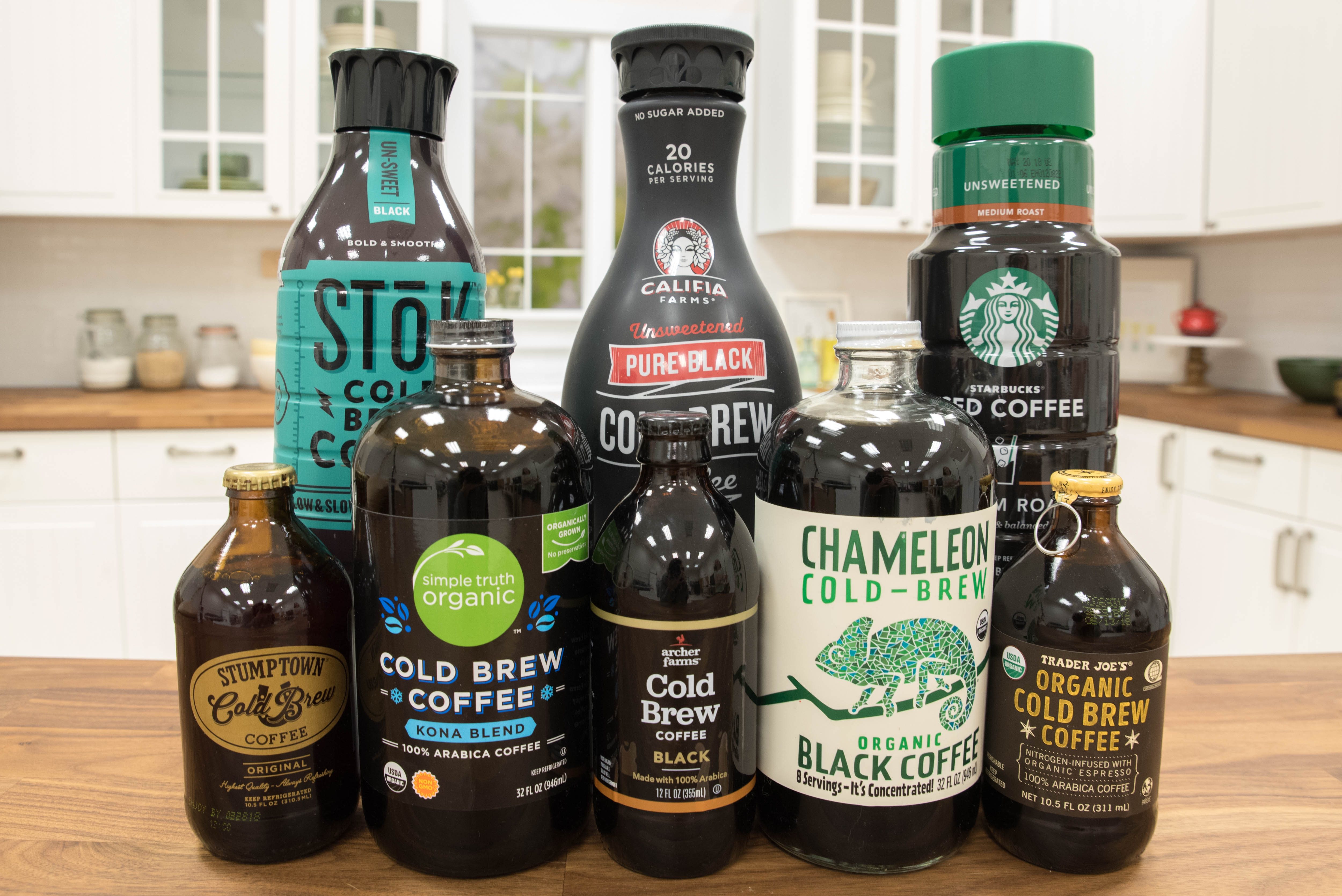
Cold Brew Coffee Taste Test This Was the Best One Reader's Digest
Shutterstock. When comparing the caffeine content of various drinks at Starbucks, Healthline found that a 16 oz (473ml) cup of cold brew has 205 mg of caffeine, whereas a 16 oz cup of hot coffee can have anywhere between 210 mg to 360 mg of caffeine, depending on exactly which hot coffee you're drinking. Although cold brew technically has more.
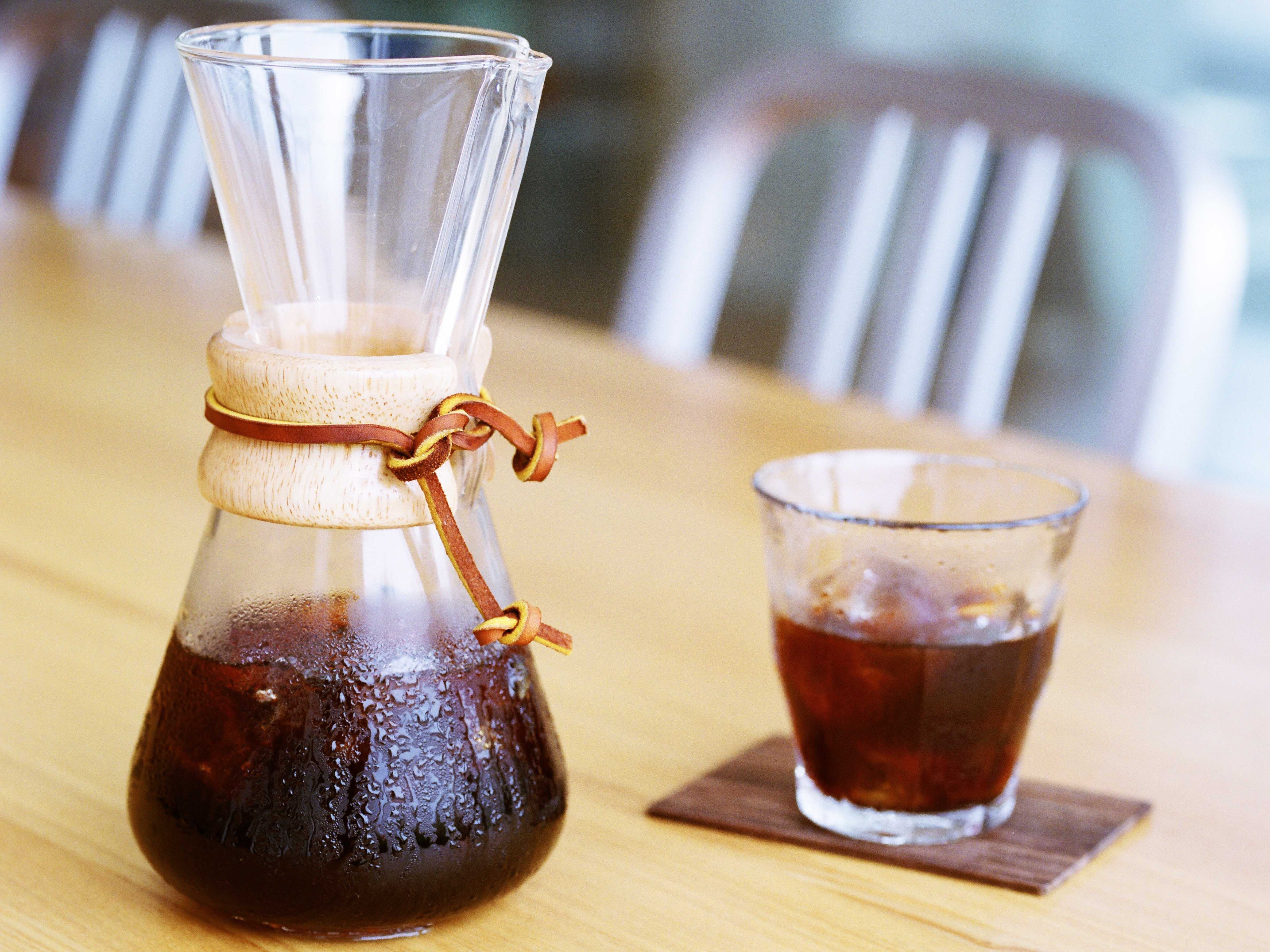
Does Cold Brew coffee contain more caffeine than hot coffee?
Here is where things get a little bit complicated, and the answer to "Does cold brew coffee have more caffeine?" isn't exactly straightforward. "One thing you need to consider is that cold brew coffee typically uses a much higher coffee-to-water ratio, anywhere between 2 to 2 1/2 times more," says Rivera. "So, even though there is.
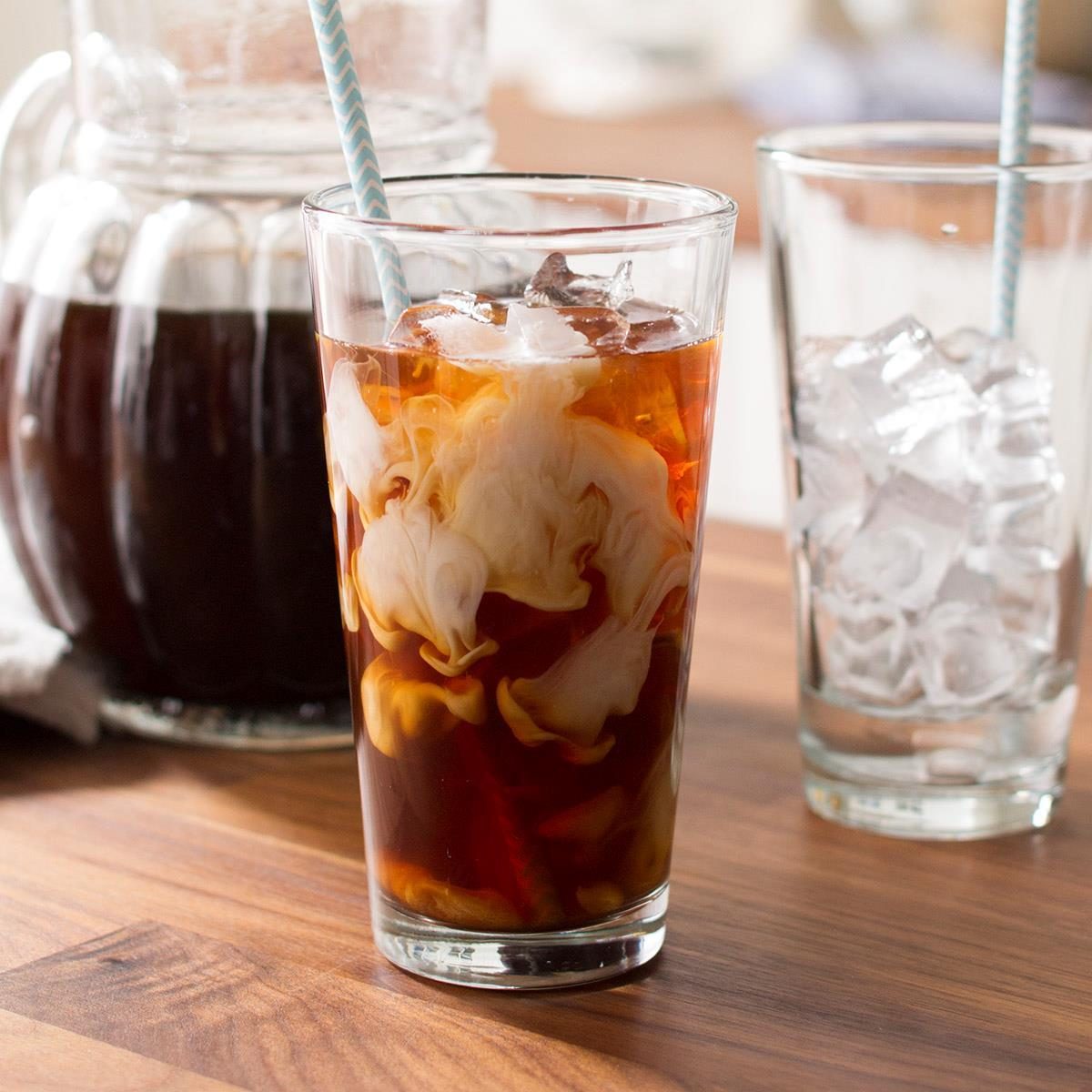
ColdBrew Coffee Reader's Digest Canada
The answer is that it really can be a case-by-case basis. Generally, cold brew does have more caffeine than hot coffee - thanks to a higher coffee-to-water ratio in the brewing stage - but this can change based on how everything is mixed. If you drink straight-up cold brew concentrate, expect your hair to stand straight up and your energy.
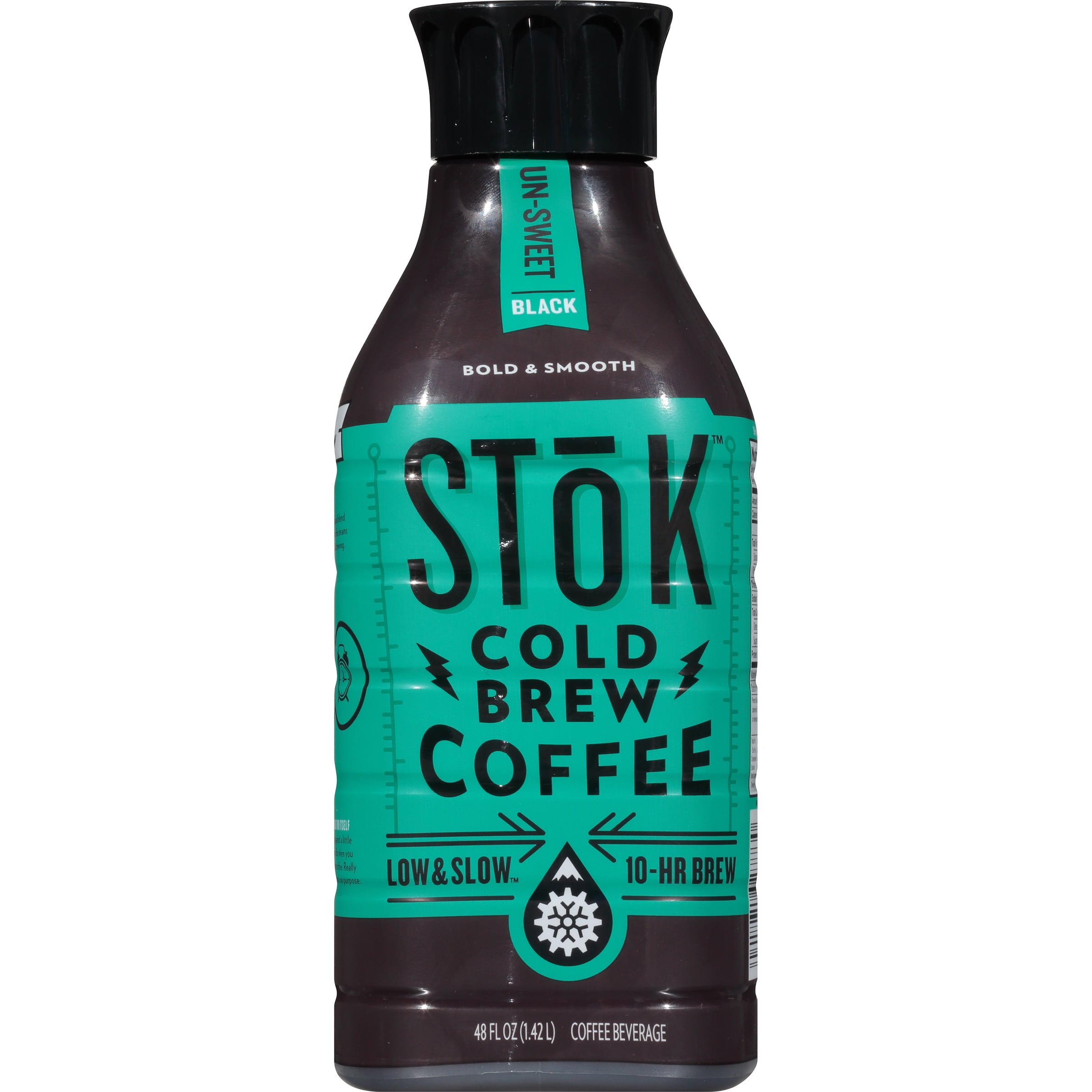
SToK Unsweetened Cold Brew Coffee, 48 Fl. Oz.
Hot water extracts more caffeine than cold water does, leading to lower caffeine content in your cold brew than in your regular coffee drink. When you break that down into caffeine amounts, you'll find most 16-ounce cups of cold brew contain about 200mg of caffeine. In contrast, a regular cup of coffee of the same size contains about 330mg .
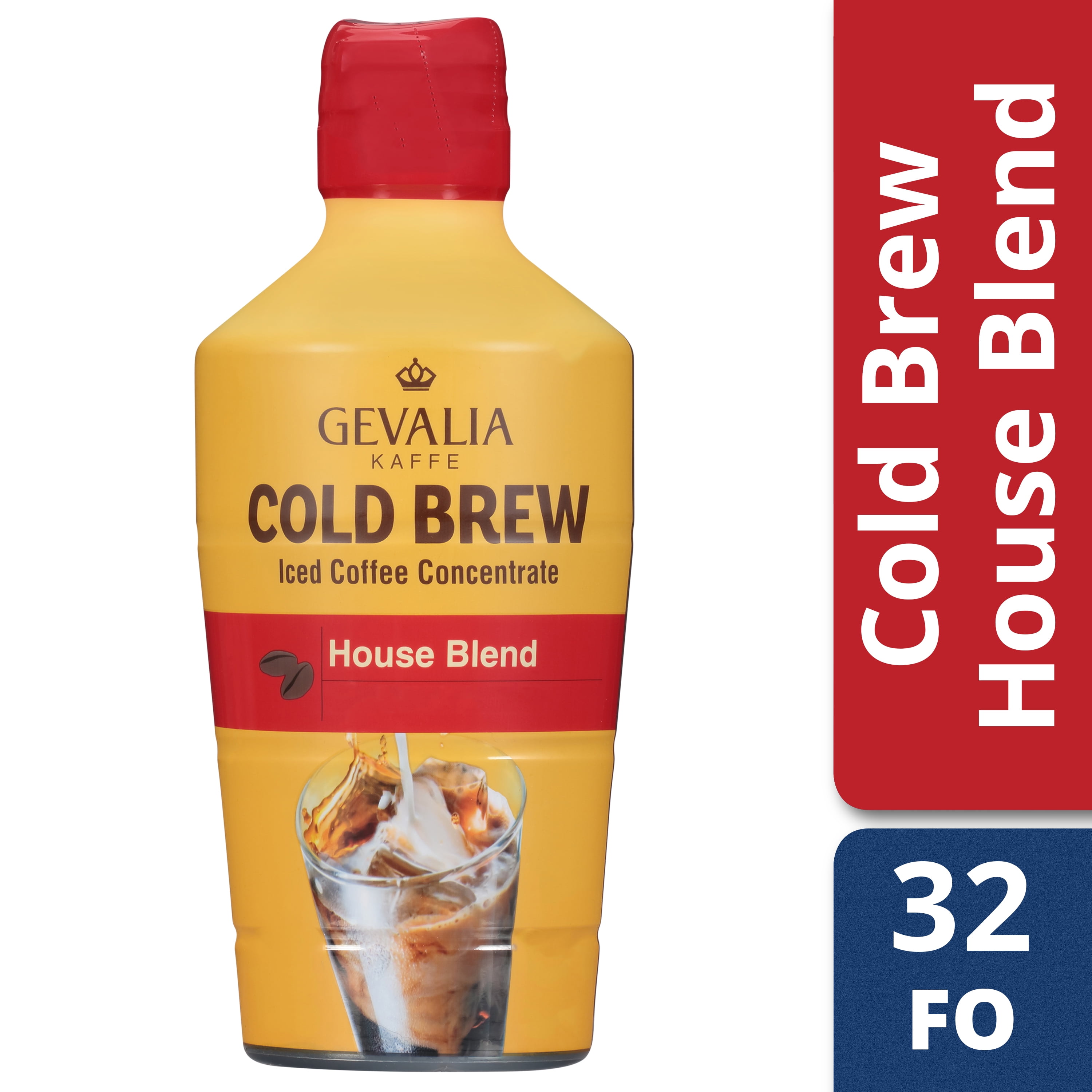
Gevalia Cold Brew House Blend Concentrate Iced Coffee, 32 oz Bottle
ICED COFFEE: A typical 16-oz. iced coffee has ~165 mg of caffeine. COLD BREW: A typical 16-oz. cold brew has ~200 mg of caffeine. So, in the simplest of terms, cold brew has more caffeine than iced coffee (and, depending on how it's brewed sometimes it can be nearly double that of its cold coffee counterpart!)
/ColdBrewCoffee017-bcdb960a88f94521bb3a64a2f228e740.jpg)
What is the Best Type of Coffee to Use For Cold Brew Coffee
Cold brew generally contains more caffeine than iced coffee, with a typical 16-ounce cold brew containing around 200 mg of caffeine, while a 16-ounce cup of iced coffee has an average caffeine level of about 165 mg. Iced coffee is brewed like regular hot coffee, but then it is cooled and served over ice.
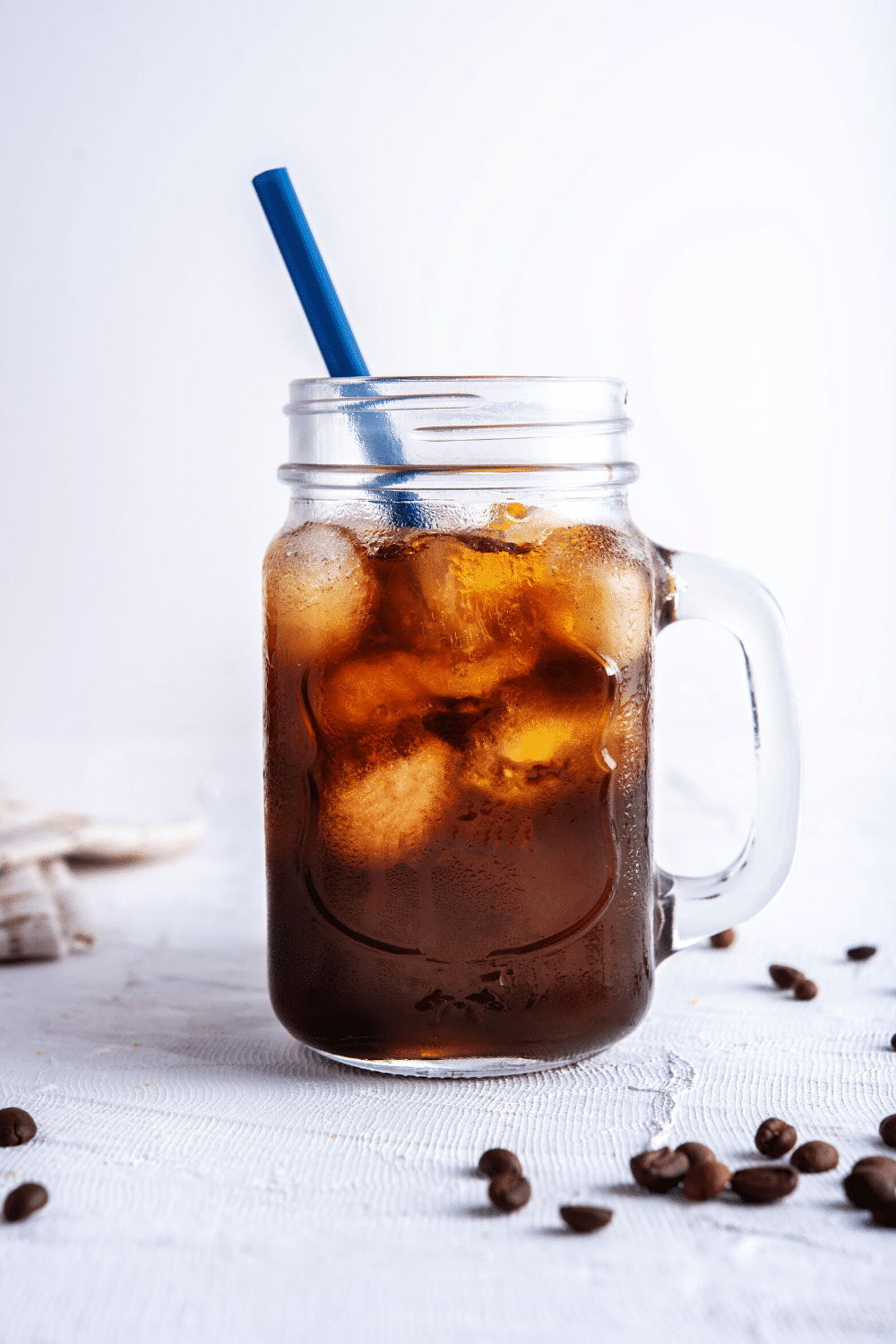
How to Make the Best Cold Brew Coffee at Home Fed & Fit
An initial batch uses two to three times more coffee than a hot brew method that yields the same liquid amount. A coldbrew concentrate can have over 500mg of caffeine per 8oz of liquid, while a hot brew of equal volume usually has about 100mg. However, the resulting mixture is not a ready-to-drink beverage like the hot brew method.

Cold Brew vs Iced Coffee Differences Explained Coffee Affection
The answer, it turns out, is a bit complicated. On the one hand, It does have more caffeine than regular coffee. This is because the brewing process for cold brew coffee is much longer than for regular coffee, and thus more of the caffeine is extracted from the beans. On the other hand, the higher caffeine content of cold brew coffee is offset.
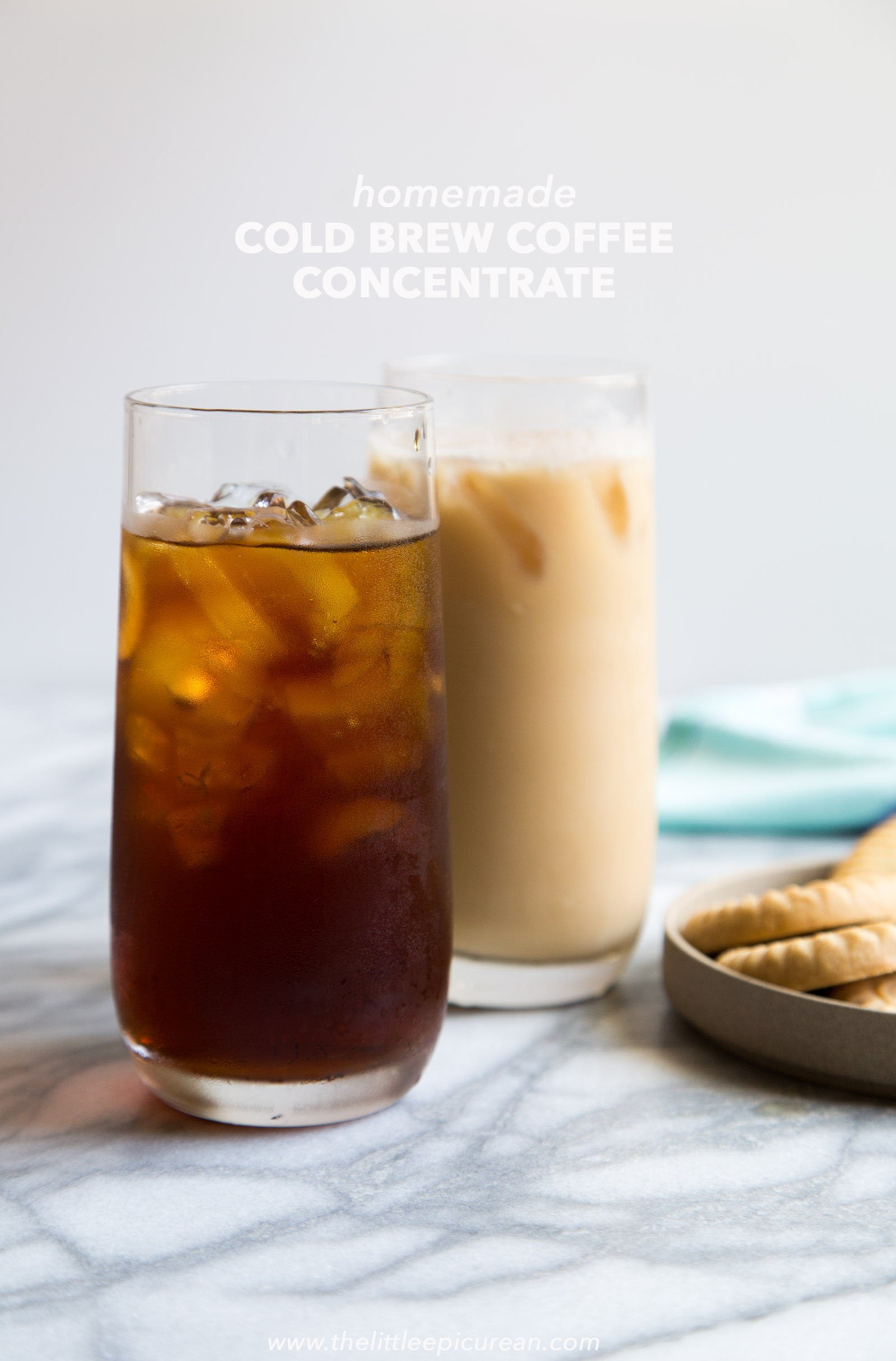
Cold Brew Coffee Concentrate The Little Epicurean
Cold brew is a different beast entirely. While heat helps extract more caffeine, cold brew is typically brewed as a concentrate, with a higher than normal coffee-to-water ratio of between 1:4 and.